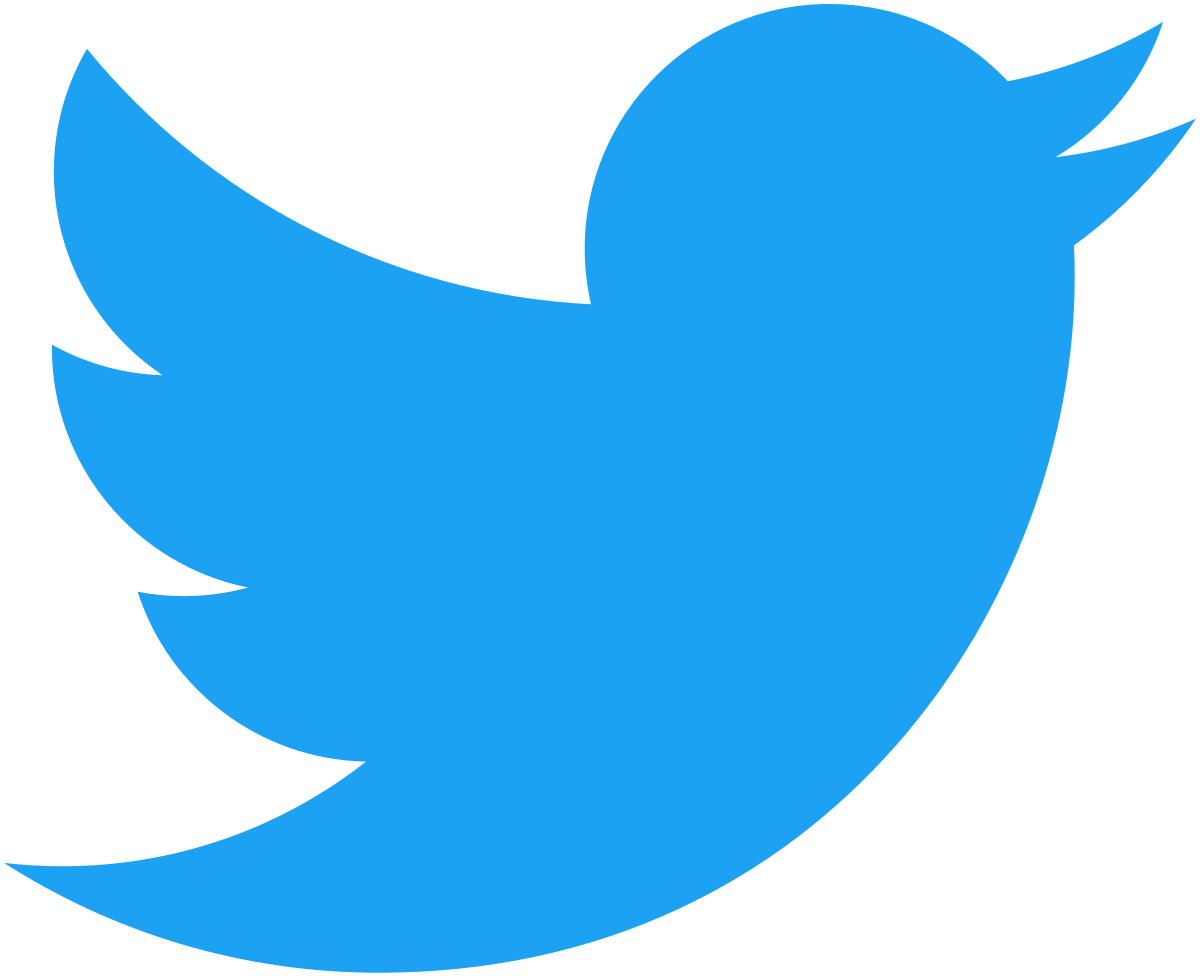High-profile journalists are saying they might leave Twitter after tweets attacking them and family members.
The latest controversy is underscoring how the popular social media platform has become toxic in the current political climate.
CNN reporter and commentator Chris Cillizza tweeted on Sunday that he was “about done” with Twitter, after tweets mocking his child’s peanut allergy.
“We are talking about a 9 year old. Feel free to hate me. But don’t mock my son’s peanut allergy. Classless and indefensible,” Cillizza wrote.
MSNBC Anchor Chuck Todd also offered support to Cillizza and criticized the abuse.
“Every time I think Twitter can’t get worse, it does. You people are awful. Leave the man’s family alone. Disgusting,” he tweeted.
Cillizza has remained on Twitter since the episode, but another prominent reporter has said she is taking a break from the social media platform.
New York Times reporter Maggie Haberman tweeted on Monday that with the exception of sharing breaking news and her own stories, she would be stepping back from Twitter.
“No reason or prompt other than that it’s not really helping the discourse,” she explained.
Haberman’s not the only high-profile journalist to do so in recent months.
New York Times Magazine writer and Vice News Tonight correspondent Jay Caspian Kang, who was an active Twitter user, deactivated his account last month, without explanation. In March, an Intercept journalist with a larger following, Lee Fang, also decided to leave, writing that Twitter is “unhealthy for many reasons.”
In 2017, New York Times political columnist Bret Stephens also said he was done with the platform in a column calling Twitter “the political pornography of our time” and claiming it was “debasing to its users.”
Stephens has kept his account but scaled back interactions. The account appears to only share his columns and other Times content, and in his column, he said he was handing it off to an assistant.
Twitter attacks on journalists are not a new phenomenon.
Journalists criticized by President Trump for their coverage regularly find their Twitter mentions overrun by his supporters, often using insulting language and sometimes crossing into personal attacks.
Other high-profile figures, such as Elon Musk, have also at times directed disparaging tweets at reporters.
Alan Rosenblatt, director of digital research at the left-leaning opinion firm Lake Research Partners, blamed Trump’s attacks for encouraging harassment of journalists on Twitter.
“Trump’s tweets and his own language offline has set the precedent and enabled people to come out of the woodwork and be more harassing and more mean-spirited than they otherwise would have been,” Rosenblatt said.
For many journalists, Twitter is a near-essential tool. Reporters have used it to build reputations and followings. They use it to promote and do their work. Twitter makes it easier to catch breaking news, find new sources and has become essential for covering Trump, who regularly makes news with his tweets.
Journalists can make an impact on the platform, quickly spreading news in some cases to hundreds of thousands of followers.
For all the debate among journalists on whether to quit, few actually have.
But many journalists now find themselves with a tough choice.
